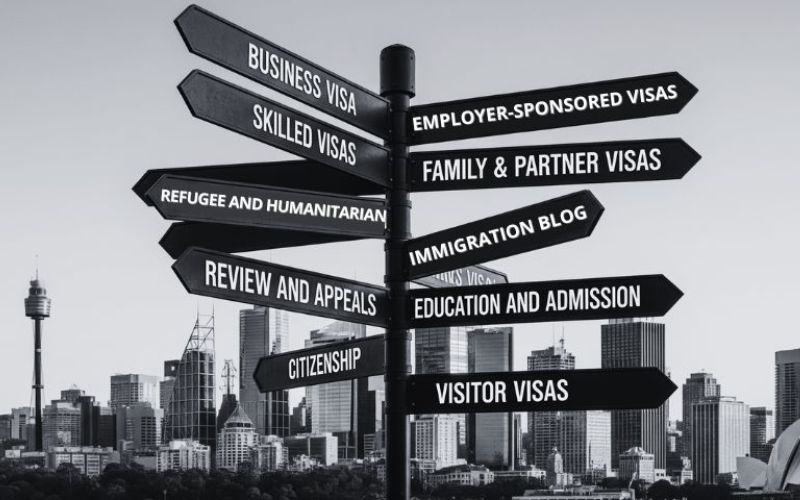Ministerial Intervention is often intended for truly exceptional or unforeseeable circumstances. In some of these cases where clients have exhausted all ordinary visa application and appeal avenues, yet face removal from Australia, the Minister for Immigration has the power to personally intervene. This discretionary authority is known as Ministerial Intervention.
What is Ministerial Intervention?
The Migration Act 1958 gives the Minister the power to intervene in certain cases to grant a visa, even where applicants do not meet the strict legislative requirements. These powers exist to prevent unjust or harsh outcomes caused by the rigid application of migration law.
Most applications for Ministerial Intervention arise under:
- s.48B (further protection visa applications),
- s.351 (general visa refusals affirmed by the AAT), and
- s.417 (protection visa refusals affirmed by the AAT).
Other discretionary powers also exist, but these three provisions are the most commonly used.
When Will the Minister Consider Intervention?
The Minister will only consider cases with unique or exceptional circumstances, such as:
- Strong compassionate grounds: where serious, ongoing and irreversible harm would occur to an Australian citizen, permanent resident, or family unit.
- Compassionate medical or psychological factors: including age, health or trauma concerns that would result in significant hardship if ignored.
- Exceptional benefit to Australia: for example, if the person’s skills, cultural contributions or economic role are of clear national interest.
- Unintended consequences of legislation: where strict legal provisions create unfair or unreasonable outcomes.
- Non-refoulement concerns: where Australia’s international obligations prevent returning someone to a country where they may face torture, persecution or inhuman treatment.
Limits of Ministerial Intervention
It is important to understand that:
- The Minister’s powers are personal, discretionary, and non-compellable: there is no legal right to intervention.
- Most requests are not referred to the Minister unless they meet strict departmental guidelines.
- Certain cases are ineligible, including where:
- a person remains unlawful and uncooperative,
- there are serious character or national security concerns,
- there is an ongoing visa application or tribunal review,
- the matter has already been considered without any change in circumstances.
How the Process Works
- Request submission – An applicant or their authorised representative submits a request directly to the Minister, often with supporting documentation.
- Departmental assessment – The Department of Home Affairs reviews the request against the Ministerial Guidelines.
- Referral decision – If the case meets the threshold, it may be referred to the Minister. Otherwise, the Department finalises the matter without referral.
- Minister’s action – The Minister may:
- choose not to consider the case,
- decide not to intervene,
- request more information, or
- substitute a more favourable decision, usually by granting a visa.
When intervention occurs, a statement is tabled before Parliament, though personal details remain confidential.
Key Takeaway
Ministerial Intervention is a measure of last resort, intended only for truly exceptional or unforeseeable circumstances. It is not a substitute for a visa application or appeal.
At Australian Migration Law, our role is to carefully assess whether a client’s situation meets the high threshold for Ministerial Intervention, and if so, prepare compelling submissions that maximise the chance of success.
If you believe your case may be suitable for Ministerial Intervention, contact our team at Australian Migration Law today for a confidential consultation.
Disclaimer
The content of this article is for information purposes only. Whilst every effort has been made to ensure the accuracy of the materials contained here and incorporated by reference, this article is not intended to constitute legal or immigration advice or assistance.
No person should act on the basis of the material contained in this presentation without obtaining advice relevant to their own circumstances and without considering and taking professional advice as may be necessary.
For tailored advice and comprehensive assistance with your migration matter, contact our experienced Australian immigration lawyers today. You can reach us by email at admin@australianmigrationlaw.com.au or phone +61 407 662 682 to obtain further guidance.

